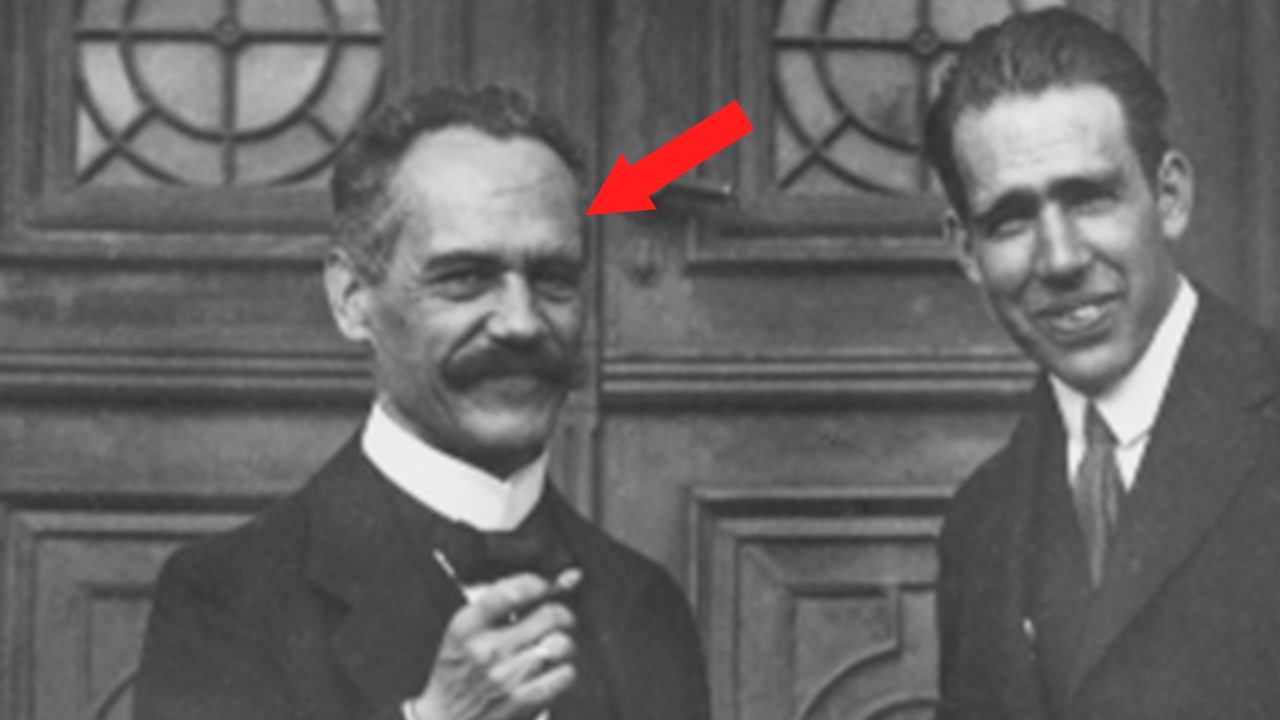
Lev Landau was a Nobel Prize winning theoretical physicist who is known for his work in quantum mechanics and superfluidity. He was born on 22 January, 1908 to highly educated Jewish parents in Azerbaijan. His father was an engineer while his mother was a doctor.
It is no surprise then that Landau was a child prodigy. He learned to differentiate as well as integrate by the time he was 13 years old. His parents thought he was too young to attend university so he had to wait for another two years.
At age 16, he was allowed to join the Leningrad State University, from where he graduated with flying colors, in 1927. After this, he travelled the entirety of Europe, met and worked alongside renowned physicists of the time such as Bohr, Dirac and Pauli.

Having known and worked with them for some time, Landau devised a genius logarithmic scale. It is a 0-5 ranking of physicists based on the amount of contributions made. He could maintain this ranking system only until his death in 1968 but it still has some of the most notable names.
Since the scale is logarithmic, rank 1 physicist contributions are ten times more (as per Landau) than people ranked 2, and so on. In other words, the higher the rank, the less valuable the physicist is.
Rank 0 Isaac Newton
Rank 0.5 Albert Einstein
Rank 1
This has a list of physicists including Niels Bohr, Satyendra Nath Bose, Paul Dirac, Erwin Schrodinger, Wolfgang Pauli and Werner Heisenberg.
Rank 2.5 Lev Landau
This ranking system was so intriguing that other physicists continued it even after Landau's death. In 1965, Lev Landau was awarded the Nobel Prize. As a result, his ranking was improved to 2. After his death in 1968, he was granted an even higher ranking of 1.5.
In 2004, Russian physicist Vitaly Ginzburg ranked Richard Feynman in the 1 category. Physicist Hans Bethe was inducted alongside Landau in the 1.5 category.














 Physics, astronomy and science history blog for students
Physics, astronomy and science history blog for students